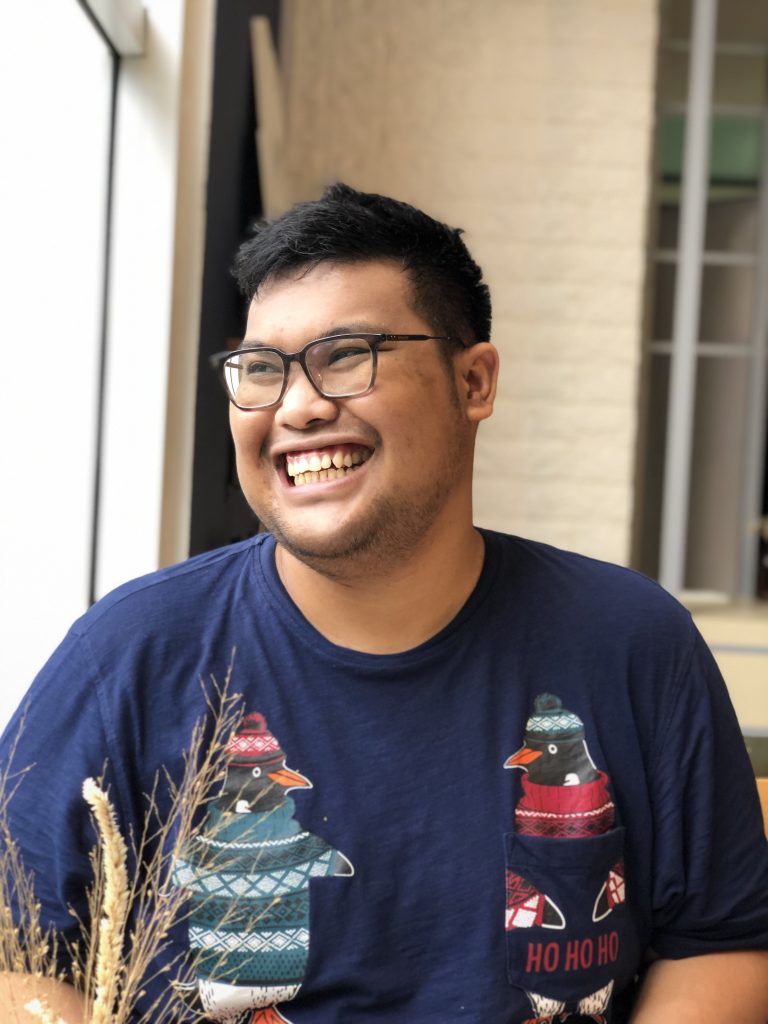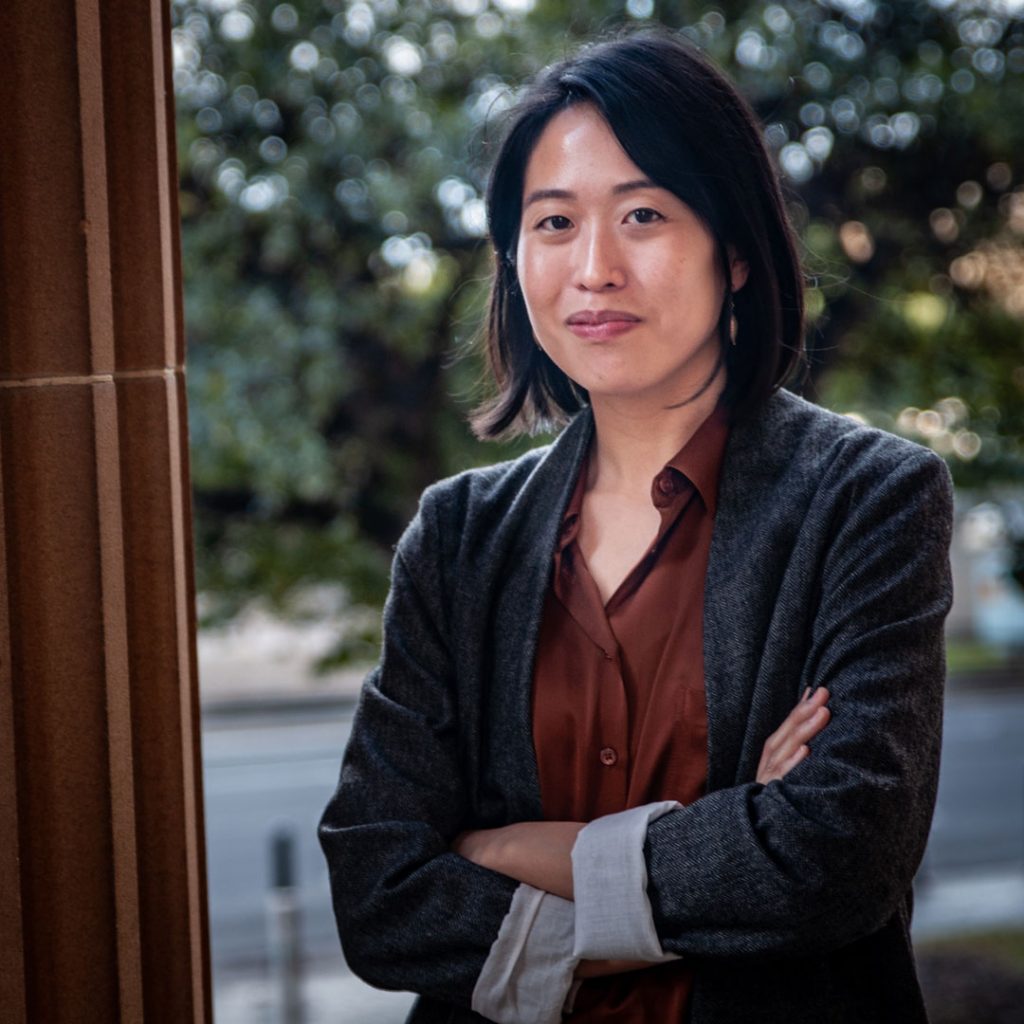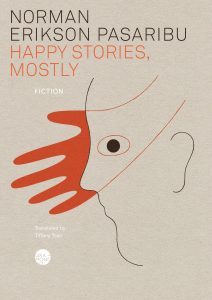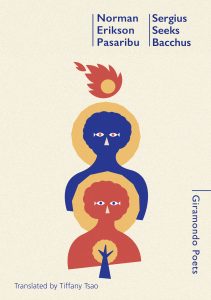Norman Erikson Pasaribu and Tiffany Tsao: notes on Happy Stories, Mostly
The Indonesian title of this book is Cerita-cerita Bahagia, Hampir Seluruhnya. The idea of using bahagia (happy) as a title of the book comes from an online review that advised me to change the title of my first collection to ‘Stories of People in Suffering’, a review that I found very funny.
Hetero readers hate sad-all-the-time fictional gays, but often put in zero effort to make us, who are gay in flesh, happy. It’s a sad irony.
A story in this book was based on the tale of Count Dracula – where it was turned queer, Batak, Indonesian. And the word ‘hampir’ made itself into the title because it’s just a letter away from the word ‘vampir’. Being happy, being contented, being positive, being productive, being on-top- of-the-world, being fearless, being be-yourself, and being unapologetic are often demanded of us by the so-called progressive heteros. As sad as it may sound: for them, happy gays are a sign of social progress. But, let’s be real: can you, as a queer, be happy in the way the heteros are happy in Indonesia? Happiness requires an endless list of privileges, in any part of the world. It is often the heteros that block us from accessing happiness. We queer are always thrown to the hampir, to the almost, and there the idea of happiness turns into the vampir.
– Norman Erikson Pasaribu, author

After Norman and I worked together on my translation of his poetry collection Sergius Seeks Bacchus, there was no question about whether I would translate his prose. I had become such an avid fan of Norman’s writing, and we had struck up such a wonderful friendship and working relationship, that it was the obvious next step. I’d assumed that I would be translating his first short story collection, but Norman told me that he was working on a new one. He would send me individual stories to translate after he had revised and reviewed them. They were superb tender gems, arriving in my inbox one by one, until finally, there was a whole manuscript ready for me to read. Each story had been so unique, so distinctive, that I hadn’t anticipated how marvellously they would come together as parts of a whole. Even now, several months after completing the translation and many re-readings later, it is difficult for me to open the book and read part of a story – I end up reading the whole story, then the following story or the preceding story, and what was meant to be a brief consultation of the work ends up ballooning into a happy revisiting of the entire collection. I hope you will enjoy these stories as much as I have, and read them as I have translated them: from the heart.
– Tiffany Tsao, translator



